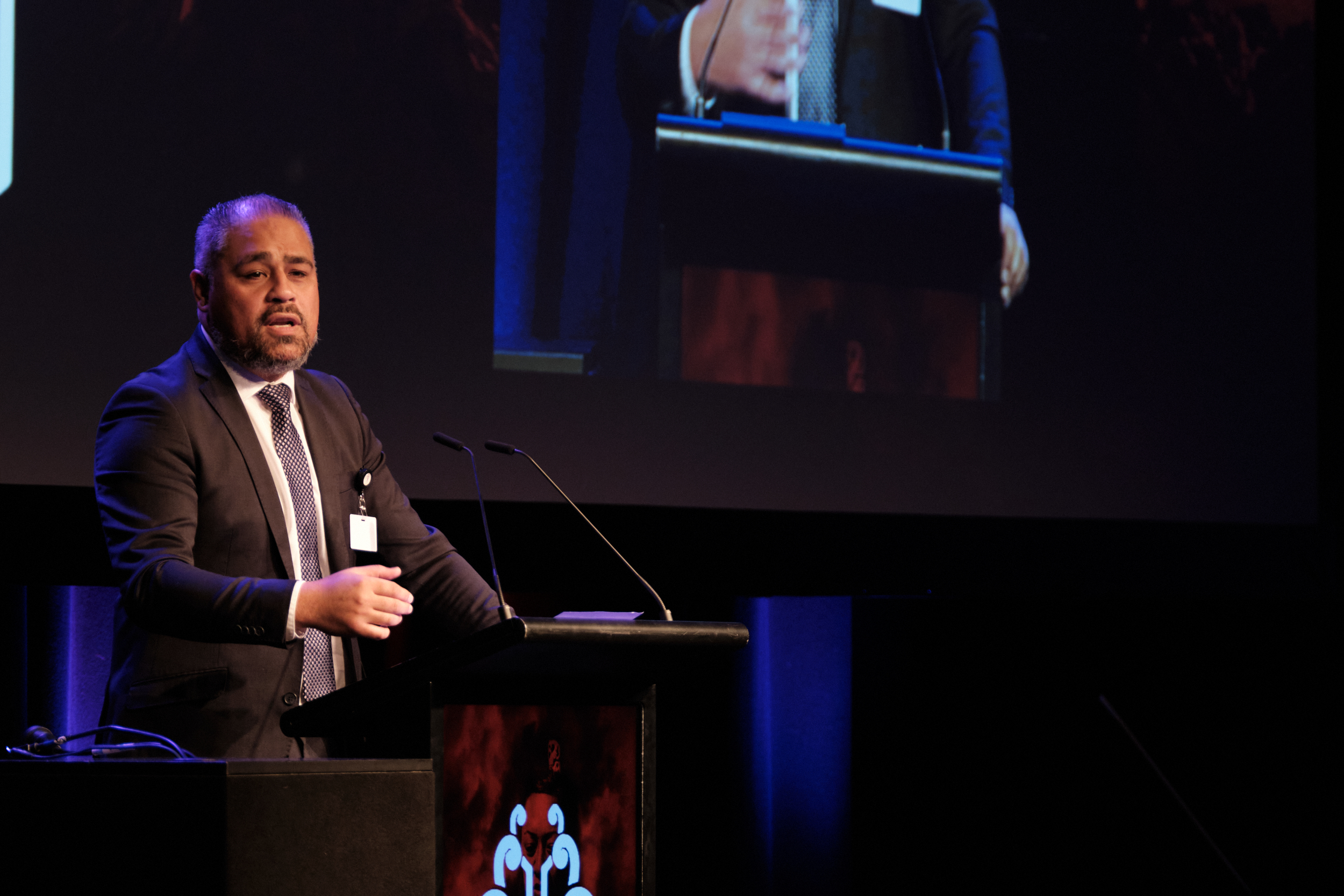
Health minister Andrew Little announced the funding on Tuesday, part of the government’s ambitious reforms of the health system.
The money for the Interim Māori Health Authority (IMHA) was planned for a raft of services and programmes including:
- $3m for mātauranga Māori (traditional Māori knowledge) initiatives and services.
- $6m to support Māori providers with innovation and sustainability.
- $5m to support kaupapa Māori approaches to population health.
- $2m to expand existing rongoā services.
- $2m to support Māori workforce development.
- $3.2m was allocated to establish iwi-Māori partnership boards this year.
Under proposed changes to the health system, all 20 district health boards (DHBs) would be combined into a single entity, Health NZ, and a Māori Health Authority (MHA).
Currently, the IMHA operates as a department within the Ministry of Health — till legislation underpinning the reforms would make it a separate, permanent entity from July 1 this year.
The IMHA board is co-chaired by Sharon Shea and Tipa Mahuta, and the chief executive is Riana Manuel – herself a registered nurse.
Associate Health Minister (Māori health) Peeni Henare said the system had “for too long” failed to address the disproportionate bad health outcomes facing Māori.
“On average, Māori die seven years younger than other population groups. This situation cannot be allowed to continue.”
The initial funding would “lay the foundations” for the MHA’s ongoing role supporting kaupapa Maori health services, he said.
The $22m comes from Budget 2021’s MHA commissioning funding.
In December last year, then-chief executive of Counties Manukau District Health Board, Fepulea’i Margie Apa was appointed chief executive of the interim Health NZ.

